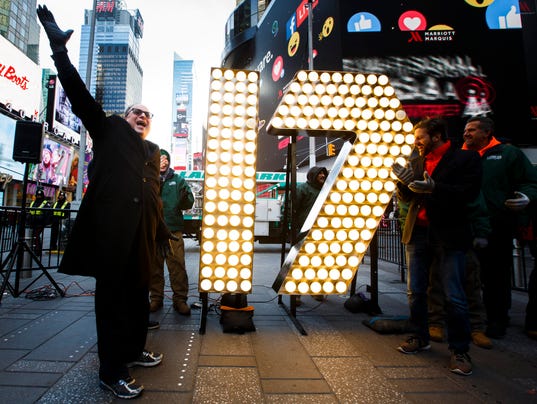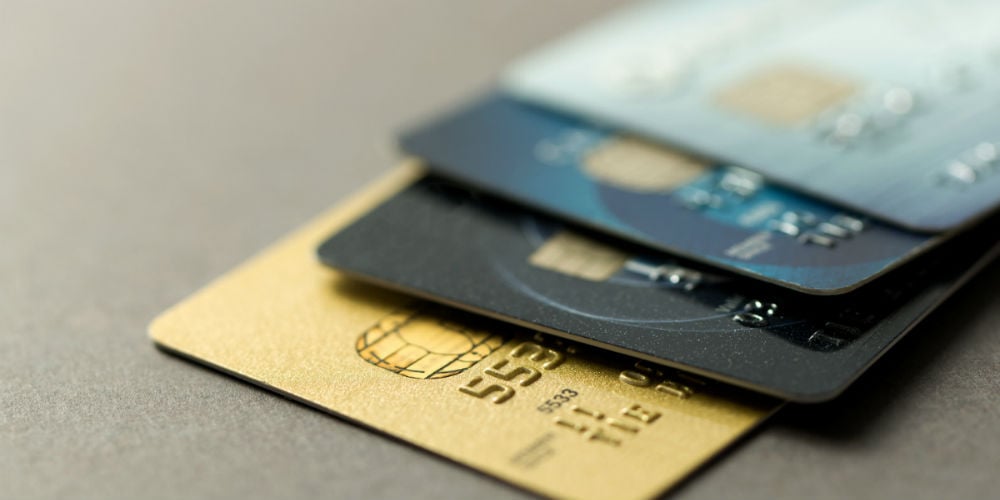 We’ve got a roundup of the latest payments fraud news and developments during this busy holiday season. Among his many 2017 cyberthreat predictions, lawyer and business professor Steve Weisman says watch out for more mobile payment fraud, ransomware, ATM and gas pump fraud, “spear phishing“, bank cyberattacks and state-sponsored cyberattacks.
We’ve got a roundup of the latest payments fraud news and developments during this busy holiday season. Among his many 2017 cyberthreat predictions, lawyer and business professor Steve Weisman says watch out for more mobile payment fraud, ransomware, ATM and gas pump fraud, “spear phishing“, bank cyberattacks and state-sponsored cyberattacks.
Australians lost $521 million to card fraud in the 2016 financial year, according to the Australian Payments Clearing Association (APCA). MasterCard hopes its new MasterCard IQ series real-time intelligence solutions will reduce fraud for business and increase consumer satisfaction.
A CBC story highlights the challenges of credit card fraud and how it destroyed a Montréal e-commerce business. A Visa report says EMV chip cards reduced fraud by 47% and MasterCard by 54% while non-EMV transactions saw fraud increase by 74% in 2016.
A massive $8.64 billion case involving online peer-to-peer lender Ezubao – has started in Beijing.
Think cyberthreats are bad now? They’ll get worse in 2017 with ‘spear phishing,’ etc.

Continuing on that theme, 2017 will bring dramatic events in cybersecurity. Forewarned is forearmed, so here goes:
1. Domestic and international corporate espionage through hacking will increase as companies raid the intellectual property and trade secrets of other companies for profit. The theft of the plans of Lockheed Martin’s advanced F-22 fighter plane by Chinese hackers is an example of this trend. Chinese national Su Bin was convicted for his part in the stealing of the plans for the plane. Via usatoday.com
Australians lost $521m to card fraud in 2016 financial year
 Australians lost $521 million to card fraud in the 2016 financial year, figures from the Australian Payments Clearing Association (APCA) have shown.
Australians lost $521 million to card fraud in the 2016 financial year, figures from the Australian Payments Clearing Association (APCA) have shown.
Australians spent a total of $703 billion over that period, meaning 0.07 per cent of the total, or 74.2 cents per $1,000 spent was fraudulent.
The APCA said the rise in card fraud was driven by card-not-present (CNP) fraud, when card details are stolen and then used to make payments without the card, usually online. Via abc.net.au
MasterCard Activates Real-Time Intelligence to More Accurately Predict Fraud
 MasterCard today unveiled MasterCard IQ series, a suite of pioneering solutions that use real-time intelligence to empower issuers to make more informed fraud management decisions.
MasterCard today unveiled MasterCard IQ series, a suite of pioneering solutions that use real-time intelligence to empower issuers to make more informed fraud management decisions.
Through this effort, cardholders and merchants would see a reduced number of transactions unnecessarily declined, while maintaining the highest levels of security. Javelin estimates that one out of every six cardholders experienced at least one decline because of suspected fraud in the past year.
“While the industry has relentlessly worked to reduce fraud, some of these efforts have resulted in an increase in transactions being needlessly declined,” said Ajay Bhalla, president of Enterprise Security Solutions, MasterCard. “Nobody likes being falsely accused of something. Our IQ products leverage technology and insights to deliver merchants and consumers a convenient, uninterrupted checkout experience.” Via fintech.finance
Bank didn’t do enough to prevent online credit card fraud, Montreal merchant says
 Credit card fraud forced a Montreal businessman to close his online business, and he blames his bank for letting it happen.
Credit card fraud forced a Montreal businessman to close his online business, and he blames his bank for letting it happen.
Thieves, using stolen credit cards, bought thousands of dollars worth of cell phone and computer parts from Vincenzo Lingordo’s web site, the now-defunct Lingordoiparts.com.
Lingordo said the purchases were approved by TD Canada Trust, even though key information was missing from the online transactions or not entered at all. cbc.ca
Who is liable for ATM card fraud? An EMV update for credit unions
 When it comes to fighting U.S. card fraud, EMV is living up to all its promises. In fact, creditcards.com reports that, as of May 2016, chip-enabled merchants nationwide had reported a 47 percent reduction in counterfeit fraud annually, according to statistics released by Visa.
When it comes to fighting U.S. card fraud, EMV is living up to all its promises. In fact, creditcards.com reports that, as of May 2016, chip-enabled merchants nationwide had reported a 47 percent reduction in counterfeit fraud annually, according to statistics released by Visa.
As of April 2016, EMV-compliant merchants within MasterCard’s network reported a 54 percent annual decrease in counterfeit card fraud – while merchants without EMV security saw counterfeit fraud rise by 77 percent year over year.
With cardholders and merchants embracing EMV chip technology in growing numbers, many consumers may wonder why their credit union’s ATMs are still limited to magstripe transactions. That paradigm is about to change. Via cuinsight.com
China’s $8.6 billion P2P fraud trial starts: Xinhua
Criminal prosecution of 26 people involved in China’s biggest alleged online fraud – a nearly 60 billion yuan ($8.64 billion) case involving online peer-to-peer lender Ezubao – has started in Beijing, the official Xinhua news agency reported on Friday.
Ten individuals, along with Ezubao’s parent companies Yucheng Holdings and Yucheng Global, are charged with fraudulent fund-raising, the news agency said. Sixteen other individuals face charges of illegally taking public deposits.
Other charges include smuggling precious metals, illegal possession of weapons and undocumented border crossings, Xinhua said. Via reuters.com
Cyberattacks on the horizon for 2017
Steve Weisman, an expert in preventing cyberscams and identity theft, expects a busy year in payments fraud, more online scams and an increase in cyberattacks in 2017. We expect to be busy too covering these and new fraud management challenges as part of our focus on disruption in the payments industry.








LET’S CONNECT